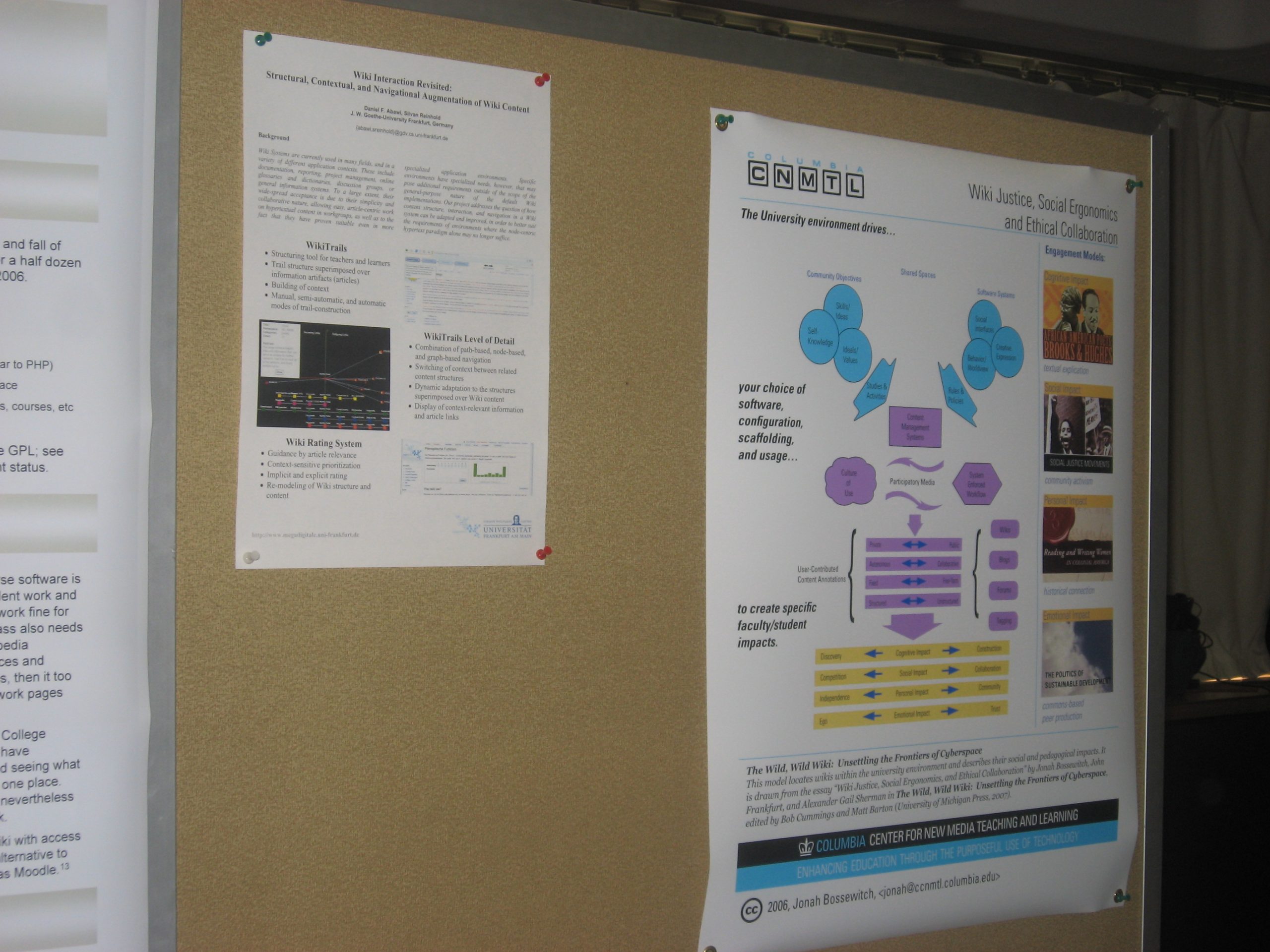What is Civic Education? Meaning, Importance, and Key Components

Civic education, a cornerstone of democratic societies, involves educating citizens about their rights, duties, and responsibilities to foster informed and engaged participation in the political process. It is a multifaceted concept that extends beyond mere knowledge of governmental structures to include the development of critical thinking, values, and behaviors that promote active citizenship. This comprehensive article delves into the meaning, importance, and key components of civic education, highlighting its crucial role in shaping well-rounded, responsible citizens.
Meaning of Civic Education
Civic education refers to the process of educating individuals about their roles and responsibilities as citizens within a democratic society. It encompasses a broad spectrum of subjects including political science, history, law, and ethics, aimed at cultivating an understanding of how governments operate and the impact of civic engagement on societal well-being. Civic education goes beyond the classroom, involving family, community, and media influences to shape civic awareness and behavior.
The primary goals of civic education are to:
- Inform Citizens: Provide knowledge about political systems, laws, and civic responsibilities.
- Develop Skills: Foster critical thinking, decision-making, and communication skills necessary for civic participation.
- Promote Values: Encourage values such as justice, equality, and respect for human rights.
- Inspire Engagement: Motivate individuals to participate actively in the political and civic life of their communities.
Importance of Civic Education
Civic education is vital for several reasons, all of which contribute to the health and stability of democratic societies.
1. Fostering Informed Citizenship
As you may know that an informed citizenry is essential for the functioning of a democracy. Civic education provides individuals with the knowledge needed to understand political processes, government functions, and their own rights and responsibilities. This understanding enables citizens to make informed decisions, vote intelligently, and hold their leaders accountable.
2. Promoting Active Participation
Active participation in civic life, such as voting, volunteering, and community organizing, is crucial for the sustenance of democracy. Civic education encourages individuals to engage in these activities, thereby strengthening democratic institutions and processes. It fosters a sense of agency and responsibility, making people more likely to contribute positively to their communities.
3. Enhancing Social Cohesion
Civic education promotes social cohesion by teaching individuals about the importance of tolerance, respect for diversity, and the rule of law. It helps to build a shared understanding of common values and principles, which is essential for maintaining social harmony and reducing conflicts.
4. Building Critical Thinking Skills
Civic education helps individuals develop critical thinking and analytical skills. These skills are crucial for evaluating information, understanding complex social and political issues, and making reasoned decisions. In an era of information overload and misinformation, the ability to think critically is more important than ever.
5. Encouraging Ethical Behavior
Civic education instills ethical principles and values, such as honesty, integrity, and justice. It teaches individuals the importance of acting in the public interest and upholding democratic values, which are essential for maintaining the integrity of democratic institutions and processes.
Key Components of Civic Education
Effective civic education encompasses several key components, each contributing to the overall goal of creating informed, active, and responsible citizens.
1. Knowledge Acquisition
The foundational component of civic education is the acquisition of knowledge about political systems, government structures, and civic responsibilities. This includes understanding the Constitution, the roles and functions of various government branches, electoral processes, and citizens’ rights and obligations.
2. Skills Development
Civic education emphasizes the development of skills necessary for effective civic participation. The mentioned skills include critical thinking, problem-solving, communication, and collaboration. For instance, students might engage in debates, discussions, and simulations to practice these skills in a civic context.
3. Values and Attitudes
Cultivating positive values and attitudes is a crucial aspect of civic education. This involves promoting respect for diversity, understanding the importance of justice and equality, and fostering a commitment to the common good. Civic education seeks to develop a sense of responsibility and a willingness to participate in civic life.
4. Experiential Learning
Experiential learning, or learning by doing, is a vital component of civic education. This approach includes activities such as community service, internships, and participation in civic organizations. These experiences provide practical insights into how democratic processes work and the impact of civic engagement.
5. Critical Analysis of Contemporary Issues
Civic education encourages the analysis of contemporary social and political issues. This involves examining current events, understanding different perspectives, and assessing the implications of various policies and decisions. Such analysis helps individuals to stay informed and engaged with the world around them.
6. Media Literacy
In today’s digital age, media literacy is an essential component of civic education. It involves teaching individuals how to critically evaluate information from various media sources, discern between credible and unreliable information, and understand the role of media in shaping public opinion and policy.
Challenges in Civic Education
While civic education is crucial, it faces several challenges that can impede its effectiveness.
1. Educational Inequality
Access to high-quality civic education is often uneven, with significant disparities based on socioeconomic status, geography, and school funding. This inequality can lead to gaps in civic knowledge and participation among different segments of the population.
2. Political Polarization
Increasing political polarization can make it difficult to teach civic education in a balanced and impartial manner. Educators may face challenges in presenting diverse viewpoints and fostering respectful dialogue in highly polarized environments.
3. Curriculum Constraints
In many educational systems, civic education is often marginalized or overshadowed by subjects deemed more critical for standardized testing and academic achievement. This can result in insufficient time and resources dedicated to civic education.
4. Teacher Preparation
Effective civic education requires well-prepared teachers who are knowledgeable about civic content and skilled in pedagogical strategies that promote critical thinking and engagement. However, many educators lack adequate training and support in this area.



